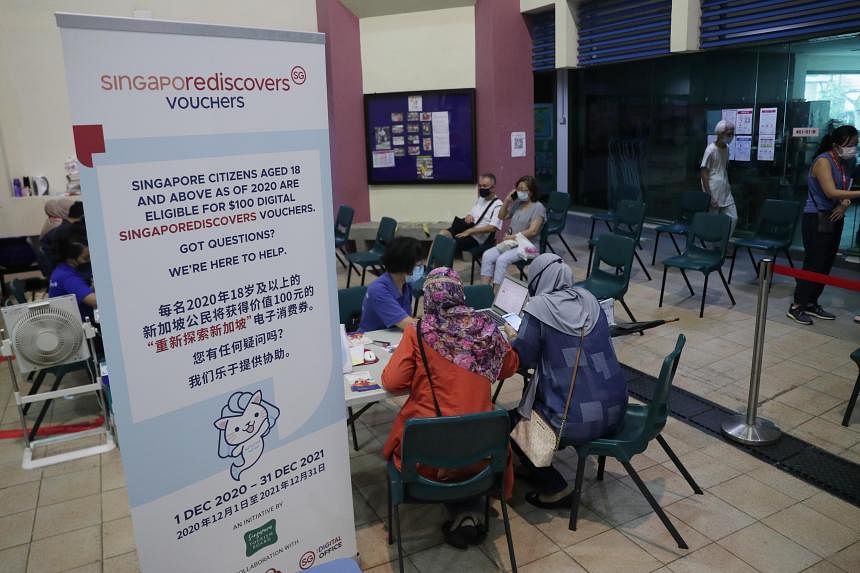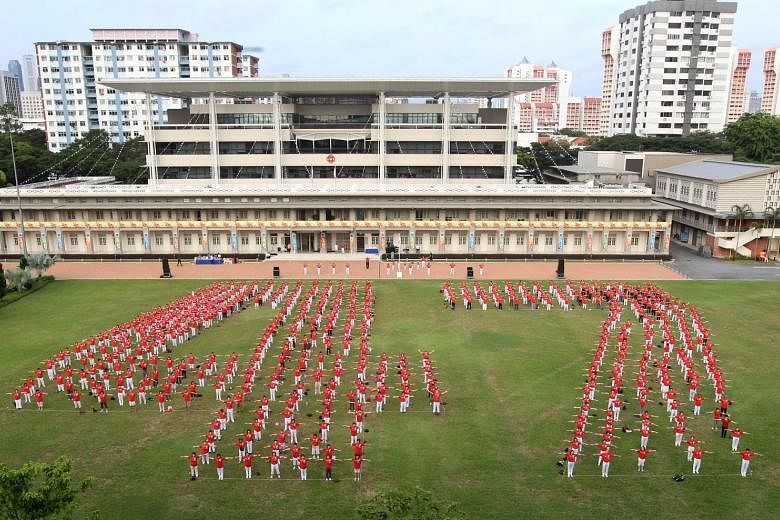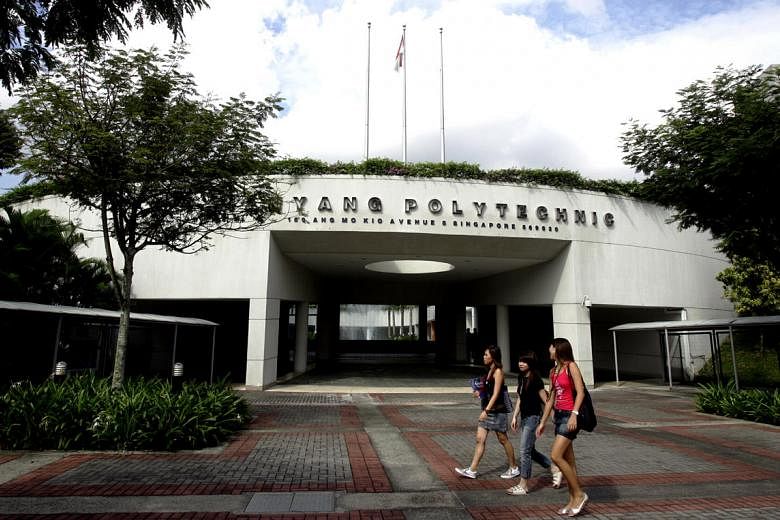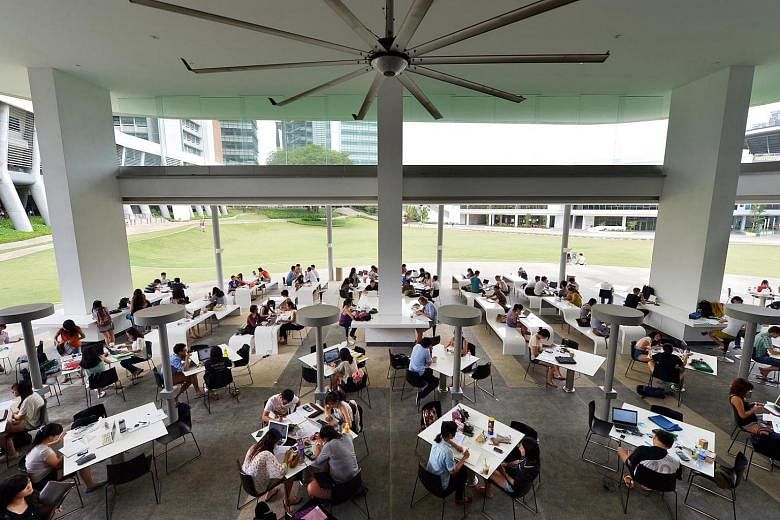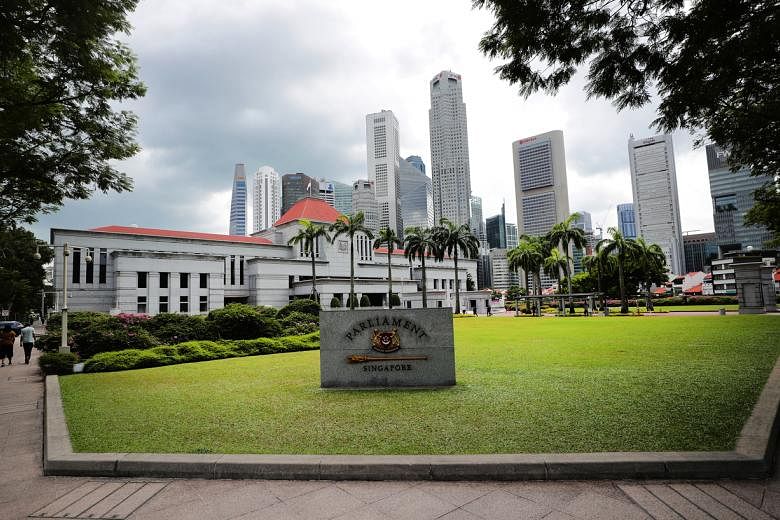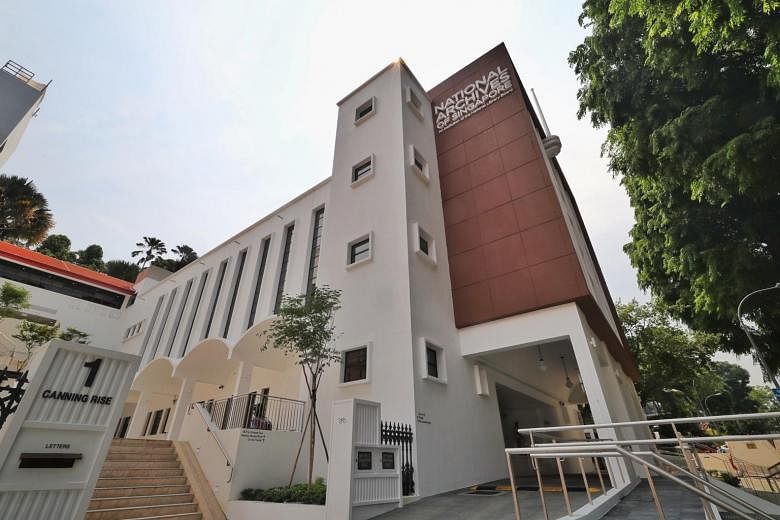Government agencies must address recurring lapses and basic mistakes: Public sector accounts watchdog
File photo of Parliament House. The parliamentary watchdog of public sector accounts has strongly urged government agencies to address "recurring lapses and basic mistakes". ST PHOTO: KELVIN CHNG
Grace Ho
Senior Political Correspondent
JAN 17, 2020,
SINGAPORE - The parliamentary watchdog of public sector accounts has strongly urged government agencies to address "recurring lapses and basic mistakes", as cited in the Auditor-General's report for the financial year 2018/2019.
"Given the scale, speed and complexity of the work in the public sector, the committee is concerned that these lapses, if not addressed, may compound over time and weaken the governance and accountability over public funds and resources," said the Public Accounts Committee (PAC) in a report on Friday (Jan 17).
It said that a number of lapses were "similar to those observed in previous years".
These are weaknesses in information technology controls, lapses in procurement and contract management, and gaps in management of social grant programmes.
The committee noted that while there are policies and procedures in place, implementation seems inconsistent across agencies.
It urged the public sector to look "more fundamentally at systems and process improvements, take more effective measures to cascade the lessons learnt across public sector agencies and continue to strengthen the competency of supervisors and officers on the ground".
"Agencies should review rules and processes to ensure that they are appropriate and simplify them, where possible," it said.
It stressed the need for clear accountability and ownership, as well as clarity in roles and responsibilities - especially where projects require the efforts of multiple agencies or divisions within a ministry.
New officers should also be given enough training, it added. "Agencies should ensure that officers new to functions in finance, procurement and contract management are trained and equipped to do their jobs."
The committee comprises eight MPs and is chaired by Ms Jessica Tan. It is tasked with scrutinising how public funds are spent and track what government agencies have done to correct irregularities in the use of funds.
MOF to address concerns
The committee asked the Ministry of Finance (MOF) and Smart Nation and Digital Government Group (SNDGG) what can be done to "fundamentally address" the lapses at the whole-of-government level.
To drive ownership and accountability, the SNDGG said it will appoint a senior deputy secretary-level officer in each ministry to oversee information and communications technology (ICT) governance and security issues, among other measures.
MOF informed the committee that it is adopting a multi-pronged approach of policy reviews, structural improvements and capability development.
In addition to conducting training programmes, it has implemented procurement sandboxes where agencies can try different approaches that better suit their needs.
MORE ON THIS TOPIC
Measures aimed at reducing ministries' IT lapses to be rolled out
The ministry said it also appoints specialist agencies to provide advice and help - GovTech for information and communications technology purchases, and the JTC Corporation for construction and facilities management.
JTC provides project management and advisory services to agencies that lack in-house capabilities.
Taking into account the "dynamic nature" of construction contracts, including unexpected site constraints and tight timelines, the ministry said it has worked with the Building and Construction Authority to simplify rules and issued a good practice guide in December 2019.
To strengthen grants management and governance, it will also come up with a more comprehensive set of rules, targeted to come into force by the first half of 2020.
Under a new grants governance council set up by the ministry and Accountant-General's Department, public sector agencies with similar types of grants will be brought together to form sectoral clusters.
This will allow agencies with similar grants to work together to develop the appropriate rules and good practices, said the MOF.
Lapses in procurement and contract management
The Auditor-General's report for the financial year 2018/2019 had noted that approval was sought to vary contracts for the National Gallery Singapore (NGS) development project only after work had begun or was done.
The delays ranged from 30 days to almost four years.
There were lapses in approvals for 142 contract variations amounting to $12.4 million. In 17 of the cases, no approval was sought, even though the cost of these projects had
risen from $1.27 million to $2.67 million.
Approvals were also obtained from the incorrect approving authority.
NGS' supervising ministry, the Ministry of Culture, Community and Youth (MCCY), said it looked at the overall deliverables met by NGS, which were to complete the project on time and within budget. It was also satisfied that there was no fraud.
MORE ON THIS TOPIC
No fraud involved in National Gallery's $13m contractual waivers, says Grace Fu
In a strongly worded response, the committee said "the issue is not just about spending within the budget but also whether the project could have cost less, given the significant amount of public funds involved".
It said the lack of a robust financial governance framework for the NGS project put the project at a higher risk of poor management and fraud. "While MCCY had not uncovered any fraud, this should not be taken for granted."
Noting the large number of lapses, it added that there was no proper system in place to ensure that the contract variations were duly considered, approved and properly documented.
"Good governance should not be compromised for the sake of administrative expediency. Contract variations should not be allowed simply on the basis that the works had been carried out," it said.
To strengthen its processes, NGS has implemented an e-procurement system so that contract variations are approved by the correct authority, before a purchase order is issued. It no longer allows verbal approvals.
Gaps in management of social grant programmes
There were a significant number of instances in which funding approval for social grant programmes was obtained only after the funding period began.
These were among multiple lapses by the Health Ministry (MOH) and the Ministry for Social and Family Development (MSF) in managing these grant programmes, the Auditor-General's Office (AGO) had found.
Other lapses included inadequate oversight and checks on the grants.
The MOH assured the committee that it will help voluntary welfare organisations (VWOs) simplify their work and raise their capabilities.
Measures include a standard funding agreement template, simplified processes for grant renewal, and improving IT systems to automate grant processing.
It will also use schedules to perform checks on VWOs' fee increases, for services that are subject to fee controls.
Noting that the MSF works with a large number of VWOs, the committee asked if processes could be simplified to reduce the burden on these VWOs without compromising controls.
It also asked how the ministry would ensure clear communication of roles and responsibilities, and what IT enhancements it would make to prevent repeated lapses.
The MSF informed the committee that since March 2019, it had introduced guidelines on the selection and re-appointment of VWOs.
All aspects of each programme must be reviewed at least once every five years, to ensure that funding models remain relevant.
The ministry will implement a contract management system by 2020, replacing the manual tracking of start and expiry dates of programmes. This will give staff enough time to seek funding approval.
It is also planning a social service grant management platform that will allow VWOs to access, apply for, renew and track social service grants.

